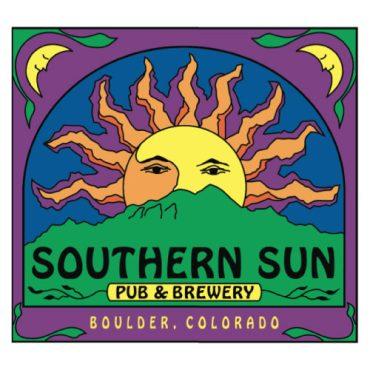In his speech at the 1963 March on Washington for Jobs & Freedom, John Lewis, the last of the speakers that day, stated: “Wake up America! Wake Up! For we cannot stop, and we will not be patient.” John Lewis was the youngest speaker and one of the few to use the phrase that day, “social revolution.”
Dr. Thomas L. Windham, longtime Boulder resident, psychologist, educator, and community activist, was there in Washington, D.C. when John Lewis, and many others, spoke to the 250,000 souls assembled initially at the Washington Monument and who eventually made their way to the Lincoln Memorial.
It was that March on Washington, over 60 years ago, that resulted in the provisions of the Civil Rights Act of 1964 and Voting Rights Act of 1965 – legislation that reflected the demands of the march and the marchers.
Images of that 28 August day can be found in old magazines and newspapers, history books, and Movement pictorials. However, it’s important to ask: What do we get wrong about the March on Washington for Jobs & Freedom? What was the experience, not of the celebrities, and civil rights luminaries, but of those who traveled such long distances to get there? What were their impressions, fears, and inspirations?
Please join us on Thursday, 31 August at 8:32 AM when we speak with Dr. Windham and learn about his impressions as a college student and labor representative who took a bus from New York City to Washington, D.C., sixty years ago, to join a revolution.
Listen:
-
 play_arrow
play_arrow
08_31_23_BLACKTALK Alexis Kenyon
-
 play_arrow
play_arrow
08_31_23_BLACKTALK Alexis Kenyon
Podcast: Play in new window | Download



















